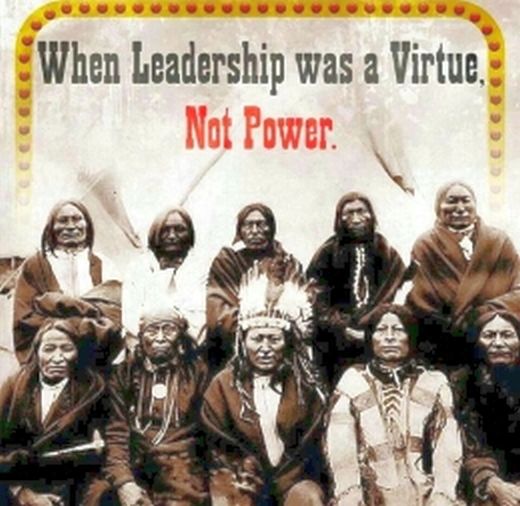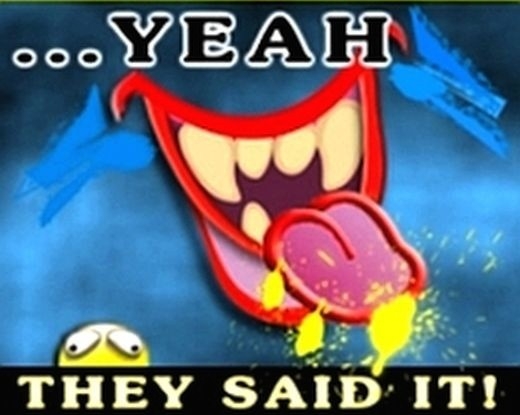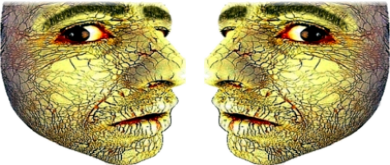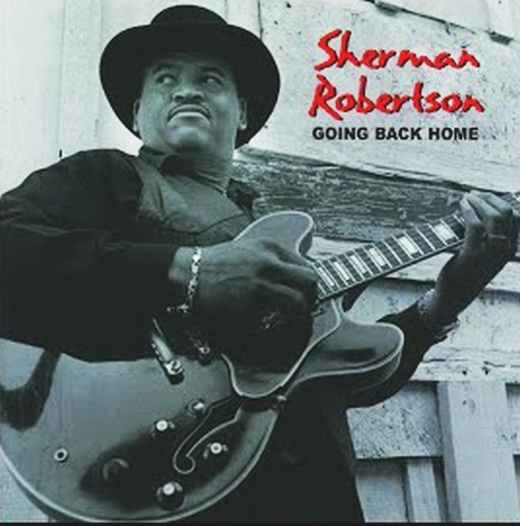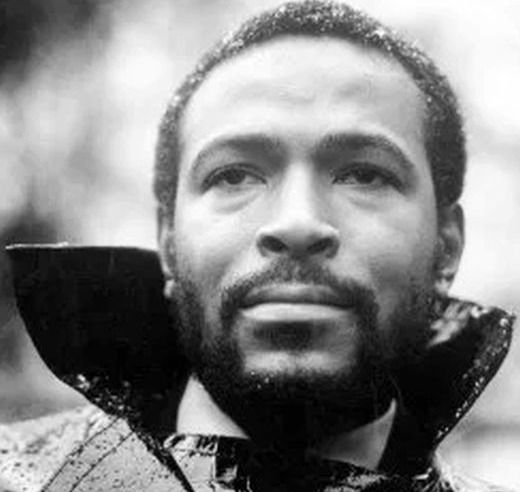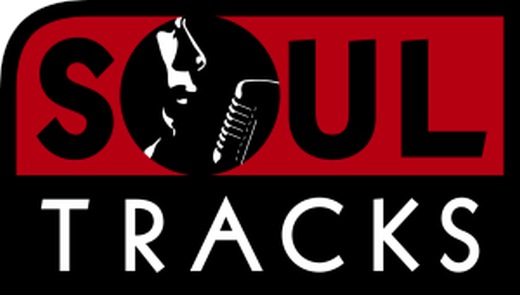
Goodman/Howe. Zinn. Miller.
Democratic power springs from an enlightened electorate. The neglect of this possibility in America – the failure to protect and advance it with new form and content during a century and a half of expanding area and population, of complicating economy and frequently revolutionized technology, and broadening relations with the rest of the world – has resulted in an electorate so demoralized that it is a question if it is possible to govern democratically at all. During that century and a half, while the democratic power was being corrupted and was dwindling, other kinds of power and inertia have boldly filled up the vacuum, up to our present feudal system of monopolies, military and other bureaucracies, party machines, communications networks, and Established institutions. Paul Goodman, The Devolution of Democracy (1962), in TWENTY-FIVE YEARS OF Dissent, Edited by Irving Howe. 1979.
American liberal capitalism has a remarkable protective mechanism that thus far has saved it from its own extravagances. This mechanism corrects the excesses of its normal behavior, but not that behavior itself. Historian Richard Drinnon, in a remarkable essay, describes what is considered excessive and what is considered normal in American behavior patterns. In 1955 the forces of government moved swiftly against a young man named Farmer. He had invaded the faculty office at the University of California and fired away with a shotgun, killing a graduate student and disfiguring a professor. Farmer did this, he insisted, as an act against communism and Communists; he was declared schizophrenic and put away. In exactly the period, Drinnon points out, the United States government, on order to “contain communism”, was building up a stockpile of thermonuclear weapons capable of killing hundreds of millions of people. Farmer, with a shotgun, was considered insane. The heads of government, with hydrogen bombs, were considered sane. Howard Zinn, Postwar America: 1945-1971. 1973.
C. Wright Mills wrote in the age of the atom bomb and Eisenhower, the Cold War and McCarthy, at the twilight of Stalinism and the zenith of “the American Century”. But even in the early fifties, when many once-critical intellectuals were ready to sing the praises of America, Mills refused to celebrate. Instead, he excoriated the evils of modern American society. Mills grabbed his readers with hard-boiled prose and blazing slogans. America’s “main drift”, he declared, was toward a militarized, centralized, impersonally administered structure of “organized irresponsibility”. A republic of alert citizens was being transformed into a mass of “cheerful robots”. The ideal of Jeffersonian democracy had become a “fairy tale”. “If we accept the Greek’s definition of the idiot as an altogether private man”, wrote Mills, “then we must conclude that many American citizens are now idiots”. James Miller, DEMOCRACY IS IN THE STREETS, From Port Huron To The Siege Of Chicago. 1987.




